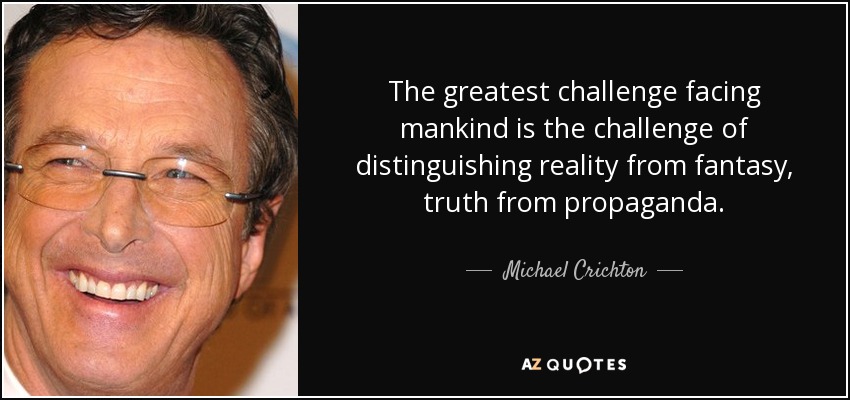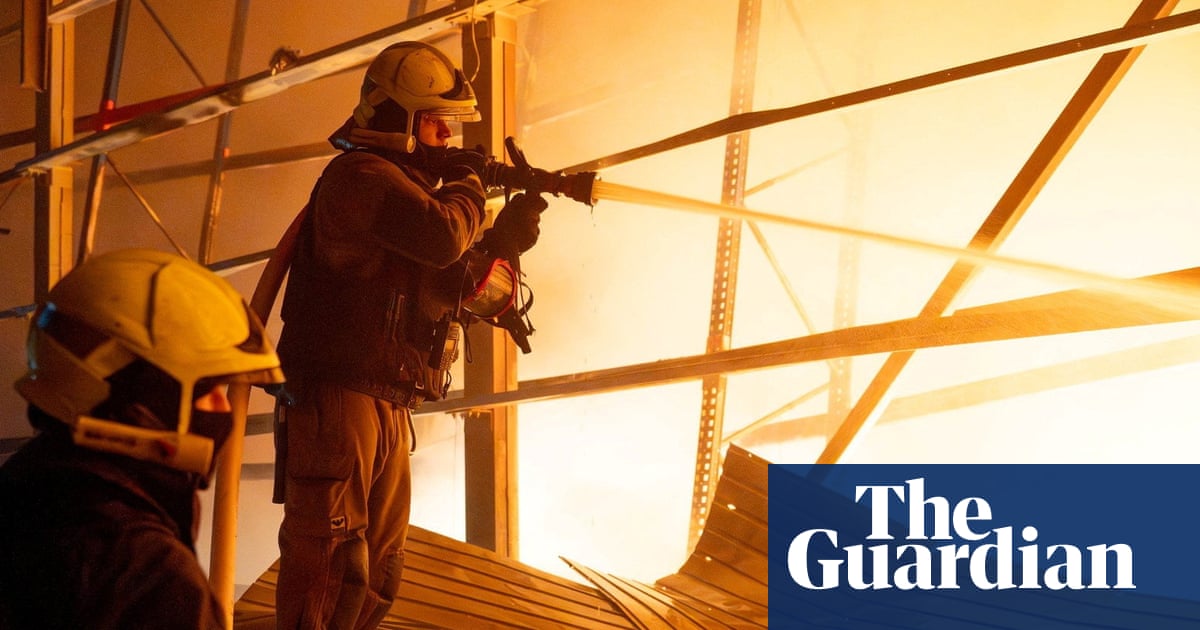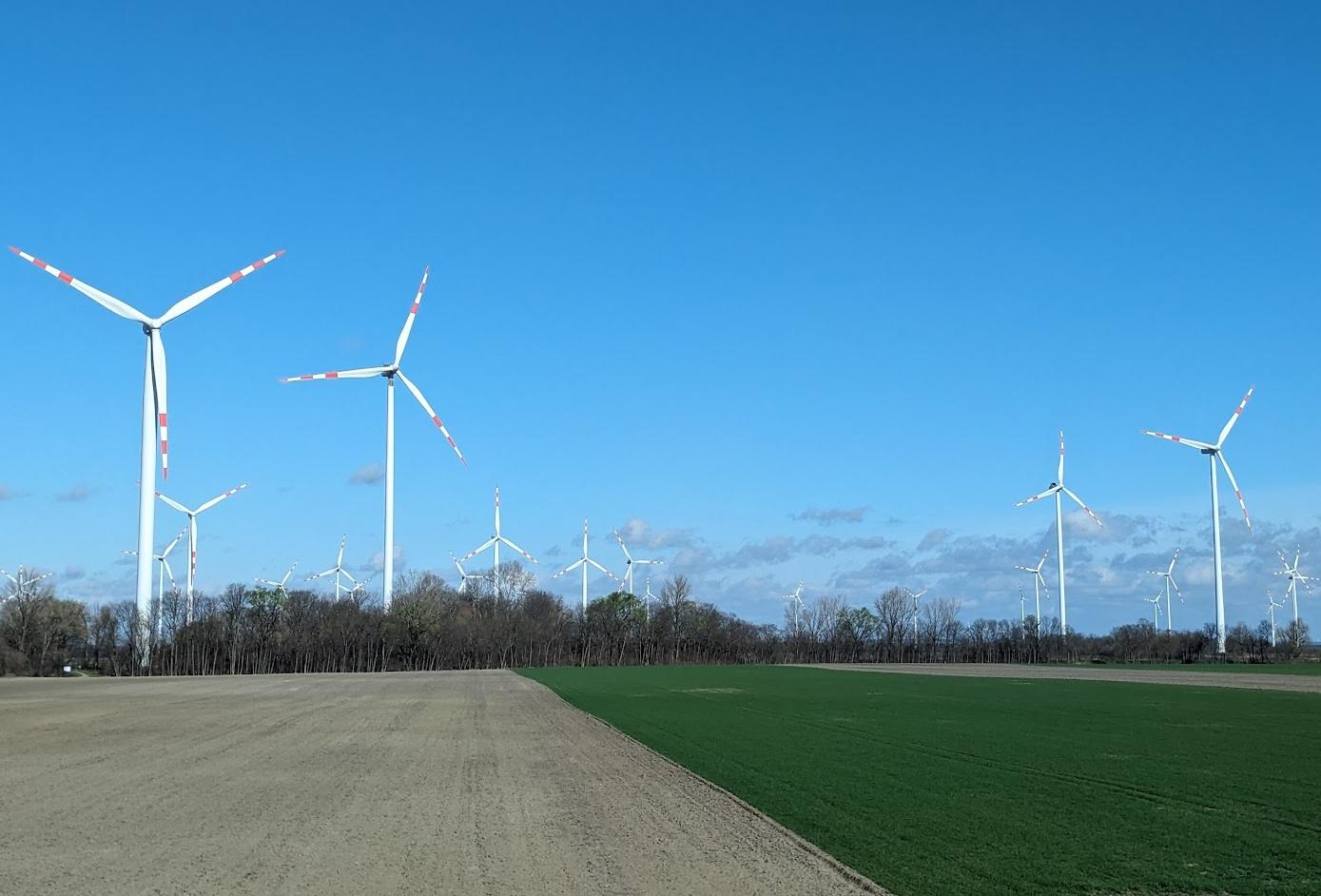The challenge of distinguishing reality from fantasy has reached unprecedented levels in today's information landscape, where misinformation proliferates and the truth is often obscured. As we navigate an era characterized by rapid technological advancement and pervasive media influence, the ability to discern genuine threats from fabricated narratives becomes crucial. This struggle is not merely academic; it directly impacts our decision-making processes regarding societal issues, public health, and environmental crises. The interplay between our perceptions, societal narratives, and emotional states complicates our understanding of reality, making it imperative to critically evaluate the information we consume and the sources from which it originates.
To address this challenge, a multifaceted approach is necessary, emphasizing critical thinking and media literacy. By fostering an environment where individuals are equipped to question the validity of information and recognize biases, we can mitigate the effects of disinformation. The implications of this endeavor extend beyond personal awareness; they encompass the collective ability to engage in informed discourse and make sound decisions that shape our future. Ultimately, the quest for truth is not just a personal journey but a societal imperative that demands our attention and action.









